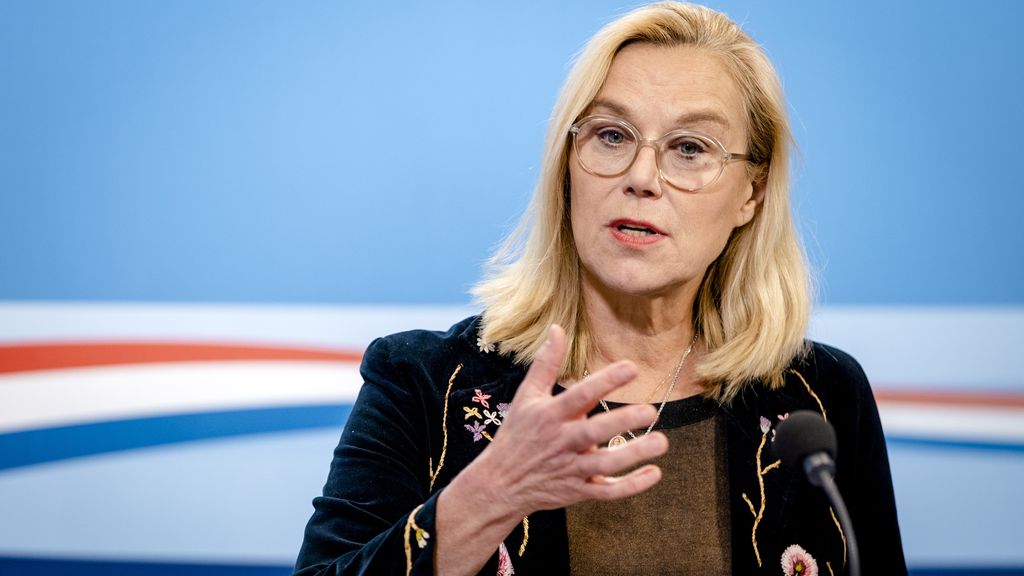AP
NOS News•
The government will have to seriously look for many billions in the coming months to restore the fiscal balance. The advertised energy subsidies, like the price cap, put a heavy burden on the budget. Moreover, higher interest rates mean that the government could lose more than €9 billion extra annually.
This is stated in the autumn memorandum that Finance Minister Kaag sent to the House of Representatives today. This situation regarding the country’s financial affairs shows that expenditure and income are no longer balanced. The main expenditure cover must be found in the current budget, which seems to mean that other items must be cut.
“If the expenses are not covered, the law will be passed on to future generations and there is a risk that the government will fuel inflation,” Kaag says.
There is a small windfall. Many ministries have spent less money than budgeted for this year so far, for example because projects cannot be implemented due to staff shortages. This so-called “underspending” now amounts to €2.7 billion and could be higher. But the question is whether it is enough to cover all the holes.
Energy support
The price cap in the energy bill, as a result of which households do not pay the full amount as of January 1, costs more than €11 billion. On top of that comes the €1.65 billion in support received by energy-intensive small and medium-sized businesses, such as bakers and market gardeners.
To pay for these actions, companies in the fossil sector, such as oil and gas companies, will pay tax on their excess profits. This is expected to generate 3.2 billion euros. Producers who generate electricity using solar power plants, wind power or nuclear power also get a tax because they can easily make high profits due to higher prices of electricity.
It is not yet clear how much revenue this will generate, but an estimated €7.5 billion is still needed to cover energy subsidies. That could rise, Kaag warns, if energy prices rise further.
Interest rates on government debt are rising
Now there’s a new problem: For the first time in a long time, interest rates are rising again. The time to borrow money for free is almost over. The same applies to interest paid by the government. Expired loans must be refinanced at higher rates of interest.
As a result, the government lost more money: according to Kaag, this amount could rise from 5.8 to 9.2 billion euros annually. The government wants to decide next spring how to cover these higher interest expenses.
Swimming pool
There are also new support measures in the autumn memorandum for schools, institutions and cultural associations. They will get extra money next year to dampen inflation. This is necessary because regular price indexation of support occurred prior to large price increases.
Swimming pools that struggle to pay the energy bill will receive a total of €207m for this year and next. An emergency fund of €6 million will be set up for amateur sports clubs with high energy costs. 30 million euros will be allocated to care institutions in trouble.







